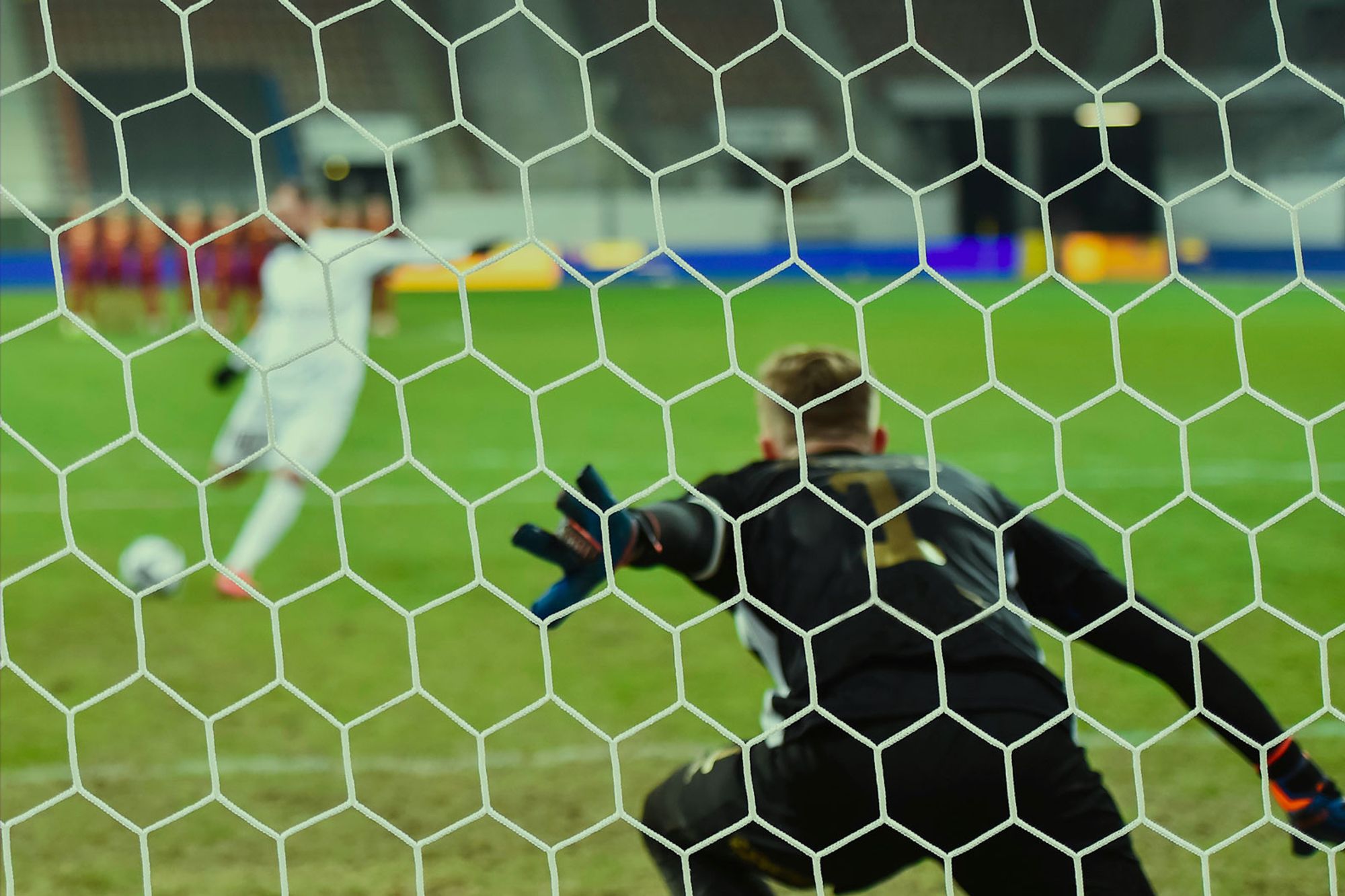
The crucial importance of the goalkeeper to team performance in soccer
Amine El Assouri, Keeper In Motion
At the heart of soccer’s competitive dynamic, a team’s performance unquestionably depends on that of its goalkeeper. Immerse yourself in the world where the technical, tactical and psychological qualities of an exceptional goalkeeper prove to be the foundation on which a team’s success rests. Without a goalkeeper to match, aspirations for a successful season seem out of reach. Discover how world-class teams invest in the quality of their last defender to build soccer legends.
Soccer, a team sport par excellence, highlights the importance of each player in the quest for victory. Nevertheless, the goalkeeper occupies a singular position, a veritable pillar on which the team’s stability rests. His role transcends the simple defense of the goal; he is the last line of defense, the one who can change the destiny of a match through his interventions. This article explores the vital importance of an effective goalkeeper to a team’s success, exploring his technical, tactical and psychological influence on the flow of play.
Technical mastery and tactical command
A goalkeeper’s technique, combined with his tactical leadership skills, forms the basis of his effectiveness and impact on the game. Technical mastery, encompassing reflex saves, sure-footed ball handling, diving, footwork and the management of aerial exits, not only helps to prevent goals but also to strategically re-launch the offensive. A competent goalkeeper knows when to step in or stand back, and when to opt for a short play or a long throw, thus becoming a key player in the construction of his team’s game.
At the same time, from the back of the field, his overall vision gives him the role of commander, orchestrating the defense with a remarkable ability to read the game, anticipate opposing movements, and communicate effectively with his defense to maintain order and tactical discipline. By adjusting the positioning of his team-mates and identifying threats, the goalkeeper transforms his tactical awareness into a strategic asset, capable of influencing the course of the match without even touching the ball. This duality of skills – technical and tactical – makes the goalkeeper not only his team’s last line of defence, but also a leader capable of transforming the defence into an impenetrable block and exploiting opposing weaknesses to his team’s advantage.
The mind: The psychologist between the posts
The goalkeeper’s psychological role is just as crucial as his or her physical abilities, requiring unfailing mental toughness to cope with the intense pressure of the job. This mental requirement involves not only remaining focused and calm under pressure, but also managing day-to-day stress and getting up quickly after a mistake, without succumbing to emotion or panic. The confidence a goalkeeper projects can have a significant effect on the morale and performance of the team as a whole; a confident, serene keeper offers a sense of security to his team-mates, encouraging them to play in a more liberated and assured manner.
Conversely, a goalkeeper who displays nervousness or uncertainty may unwittingly transmit these feelings to his partners, affecting their concentration and play. The ability to inspire, motivate and maintain a positive attitude in the face of challenges is what distinguishes great goalkeepers. These mental qualities, when combined with technical and tactical excellence, make the keeper not only a bulwark against opposing attacks, but also a psychological pillar of the team, capable of positively influencing the outcome of a match beyond his saves.
Communication, one of the keys to leadership on the pitch
As we’ve seen in previous articles, an often underestimated but vital aspect of a goalkeeper’s role is his ability to communicate effectively with his team. As the last defender, the goalkeeper has a unique perspective on the game, enabling him to observe angles that his team-mates, engaged on the pitch, cannot. This privileged position requires the goalkeeper to be a voice of command, guiding players, adjusting their positioning and anticipating opposing movements with clear, precise instructions.
Effective communication requires not only clarity and precision, but also trust and mutual respect between the goalkeeper and his teammates. A goalkeeper who masters the art of communication becomes a true leader on the pitch, able to influence the course of the game not only through his actions but also through his words. This skill is essential to maintaining team unity and efficiency, making communication as crucial a pillar of the goalkeeper’s multi-dimensional role as technique, tactics and mentality.
Conclusion
The goalkeeper is much more than just a player; he is the heart and soul of the team, influencing the game through his technical skills, tactical vision and mental strength. Teams that aspire to excellence recognize the value of a successful goalkeeper, investing in the development of this key position. Soccer legends are not just strikers or midfielders, but also goalkeepers whose names go down in history thanks to their ability to make the difference. So, a high-performance goalkeeper is not a luxury but a necessity for any team seeking to make its mark on the world of soccer.
